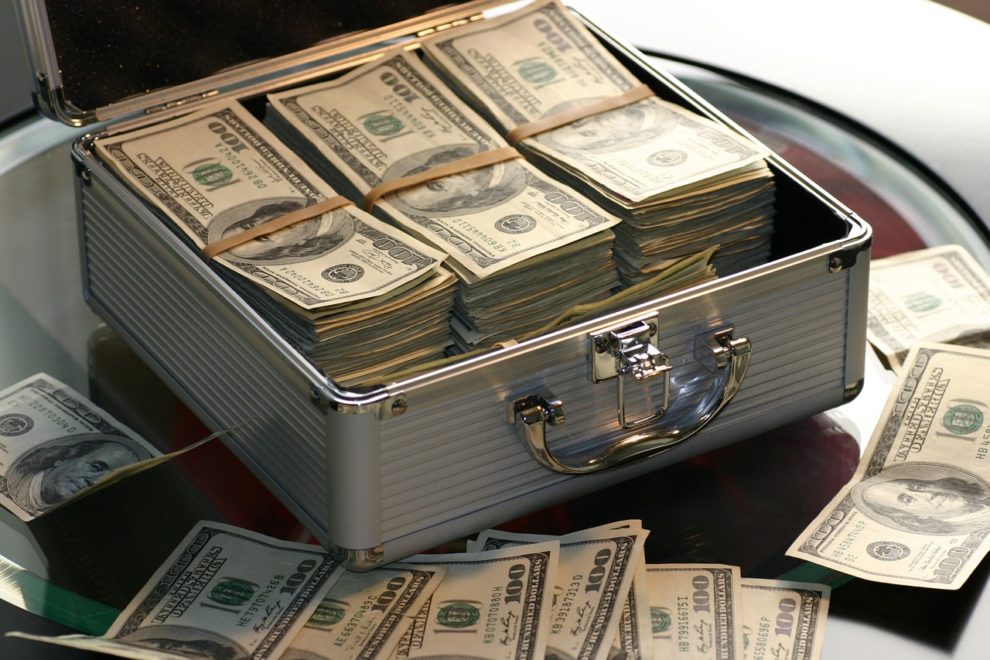While the fear of contracting Covid from banknotes and coins has led to an increase in contactless payments during the pandemic, researchers say the risk is far too low.
Experts at the European Central Bank wanted to know how long coronaviruses remained infectious on banknotes and coins in collaboration with researchers at Ruhr-Universitat Bochum in Germany. Is it possible to become infected by coming into contact with money?
The team treated various euro coins and banknotes with virus solutions of varying concentrations and observed how long infectious virus remained detectable over a period of several days. In each case, a stainless-steel surface served as a control.
While the infectious virus remained on the stainless-steel surface after seven days, it vanished in three days on the 10-euro banknote.
No infectious virus was detected in the 10-cent, 1-euro, and 5-cent coins after six days, two days, and one hour, respectively.
“The rapid decline on the 5-cent piece is because it’s made of copper, on which viruses are known to be less stable,” explained Daniel Todt, from the varsity’s Department of Molecular and Medical Virology.
The findings were reported in the journal iScience.
The researchers also devised a new method for determining how well the virus is transferred from a surface to a fingertip.
They contaminated banknotes, coins, and credit-card-like PVC plates with harmless coronaviruses, as well as SARS-CoV-2 under high-security conditions.
These surfaces were then touched by test subjects with their fingertips or, in the case of SARS-CoV-2, with artificial skin, while still wet or after they had dried.
The viruses adhering to the fingertips were then inoculated into cell cultures. This allowed the researchers to count the number of infectious virus particles that had been transmitted.
“We saw that immediately after the liquid had dried, there was practically no transmission of infectious virus,” Todt said.
“Under realistic conditions, infection with SARS-CoV-2 from cash is very unlikely,” he added.
Surface smear infections are almost non-existent. The current study included the Alpha variant of SARS-CoV-2 as well as the wild-type variant.
“We assume that other variants, such as the currently predominant Delta variant, also behave similarly,” said Eike Steinmann, Professor at the varsity.
